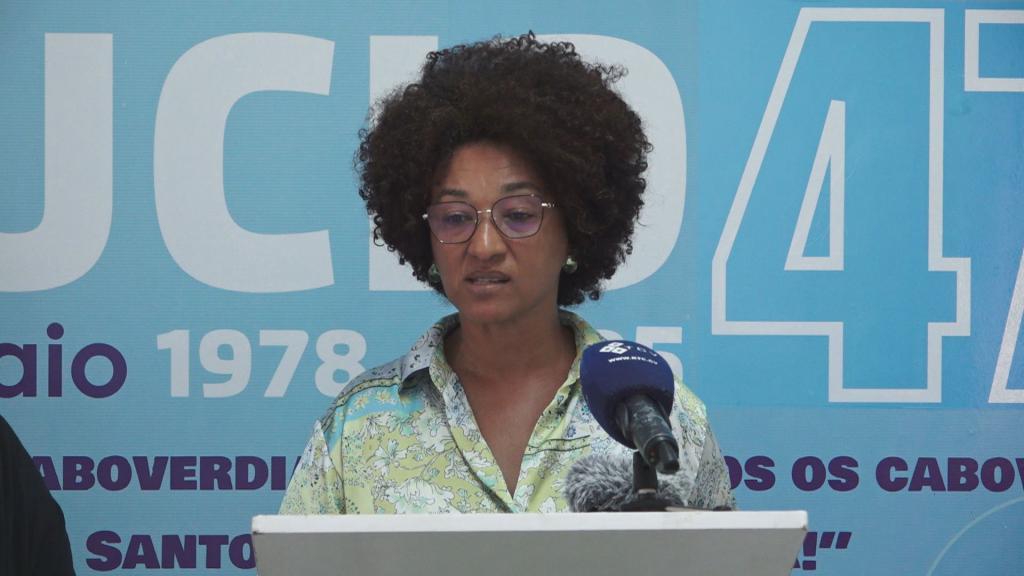Africa-Press – Cape verde. UCID argues that Cape Verde’s sustainable development requires a break with short-term policy cycles and calls for a commitment to state policies and long-term pacts between all political forces. This position was expressed today at a press conference by Congresswoman Zilda Oliveira, previewing the State of the Nation debate taking place this week in Parliament.
“We need to achieve better policy integration across various sectors, otherwise we risk limiting the potential of these policies. I’m talking, for example, about housing policies (…) It’s time to seriously invest in state policies, not government policies, to establish State Pacts, with broad and far-reaching agreements between the different political forces, to address crucial issues for the country, or complex challenges, in areas such as the economy, education, health, security, and transportation,” she stated.
In the education sector, the Christian Democrats believe that the ongoing reform, aimed at approximating OECD standards, “lacks depth” and must be accompanied by structural changes in pedagogical practices, greater school autonomy, and a significant increase in human and material resources.
In healthcare, while acknowledging progress in primary care and the reduction in evacuations abroad, the party warns of the lack of investment in mental health and the need to humanize care, also advocating for effective decentralization of services.
Regarding security, the UCID is concerned about the discrepancy between official data and public perception, and warns of persistent problems such as gender-based violence, sexual abuse, and the rise in drug use among young people.
In the area of transportation, it criticizes the “irregularity” of inter-island connections, with negative consequences for territorial cohesion, and proposes the diversification of operators and investment in more sustainable and efficient solutions.
The parliamentarian emphasizes that, in socioeconomic terms, despite economic growth of 7.3% in 2024, the country remains marked by poverty and youth unemployment.
“Poverty, the qualitative housing deficit, as well as difficulties in accessing running water, electricity, and basic sanitation, still shape the reality of many families. Social inequalities and regional asymmetries persist. The unemployment rate has fallen to 8%, but underemployment and informality remain a challenge. Despite being a predominantly young country, our youth are the group most excluded from the formal labor market: young people are the most affected by unemployment and poverty, those who suffer most from labor exploitation, with thousands of our young people having to resort to informal and precarious work to meet their economic needs—which perhaps explains the high youth emigration the country has seen, which is already beginning to have an impact on various sectors of the economy,” she warns.
On another front, the UCID believes that Cape Verde’s sustainable development requires a structural strengthening of the country’s economic foundations, with special attention to strengthening the private sector.
“The dependence on tourism, a sector highly vulnerable to external shocks, requires a deep reflection on economic diversification, as we have advocated, with a greater focus on the primary sector. The private sector continues to be the largest employer in Cape Verde, constituting one of the structural foundations of our economy. However, there is persistent fragility in the private business sector and a high contextual cost, which negatively impacts the activities carried out by the sector,” it states.
The UCID calls for a debate focused on solutions and proposals for a more just and sustainable Cape Verde that “does not ignore the weaknesses and obstacles that still persist.”
For More News And Analysis About Cape verde Follow Africa-Press






